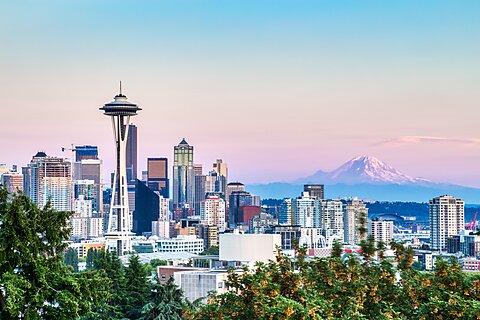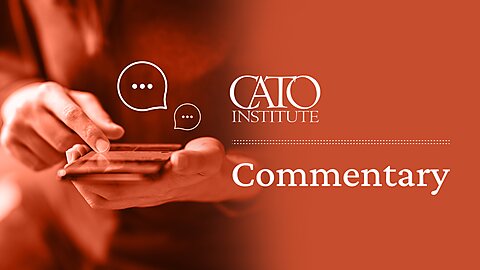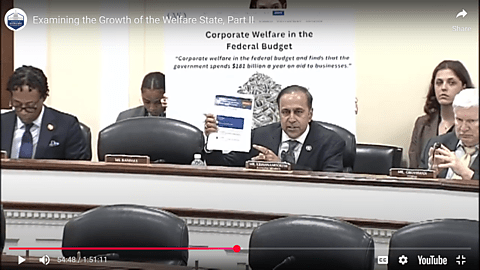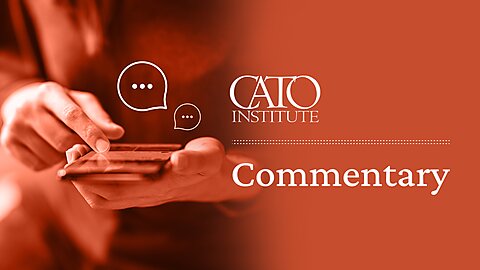
Thomas A. Berry and Nathaniel Lawson
In March 2020, the City of Seattle imposed the first in a series of emergency orders responding to the threat of COVID-19. The orders prohibited landlords from evicting tenants for nonpayment, expired leases, or any other reason unless the tenant presented “an imminent threat to the health or safety of neighbors, the landlord, or the tenant’s or landlord’s household members.”
Under the Fifth and Fourteenth Amendments, states cannot take private property for public use without providing just compensation. A group of rental property owners in Seattle sued the city, arguing that the moratoriums amounted to uncompensated takings. Each of the owners rented out property covered by the moratoriums, and each lost the right to control their own property as a result of the orders.
But the US Court of Appeals for the Ninth Circuit rejected the owners’ takings claims, based on its interpretation of the Supreme Court case Yee v. City of Escondido (1992). According to the Ninth Circuit, Yee held that the government can change the terms and duration of a tenant’s lease without compensating a landlord, so long as the landlord originally opened the property to the tenant voluntarily.
Now the owners are asking the Supreme Court to take their case, and Cato has filed an amicus brief supporting their petition.
In our brief, we explain that the Ninth Circuit completely misinterpreted Yee, which merely stated that an ordinance setting a maximum rent did not amount to a physical taking. The owners in Yee were not trying to evict any of their tenants. And unlike Seattle’s orders, the ordinance at issue in Yee allowed the owners to evict tenants for many reasons, including nonpayment of rent, violation of the law, expiration of the lease, or an owner’s wish to change the use of the property.
As our brief recounts, the Ninth Circuit’s misinterpretation of Yee has serious practical consequences. Local governments enacted numerous eviction moratoriums during the pandemic. These moratoriums allowed tenants to continue occupying rental properties regardless of missed payments, bad behavior, or the owner’s desire to change the use of the property. And general rent control laws similarly restricting evictions have proliferated in recent years.
Such laws and ordinances have reduced property values and caused many small‐time landlords to struggle to meet their bills. The rental housing industry is worth $3.4 trillion and employs 17.5 million jobs, so these added costs weigh down an already struggling economy.
This financial impact on landlords has caused a reduction in available rental housing, perversely increasing rents for tenants and leading to the gentrification of cities. It has also caused landlords to neglect necessary maintenance, harming the quality of housing that tenants receive. Given that more than a third of housing units are occupied by renters, a huge proportion of the population suffers when rents increase and the quality of rental housing decreases.
Property rights are essential to economic prosperity, and the right to exclude is the sine qua non of property ownership. The Supreme Court ought to take this case, reverse the Ninth Circuit, and reiterate that the government cannot infringe on property owners’ rights to exclude without paying just compensation.



